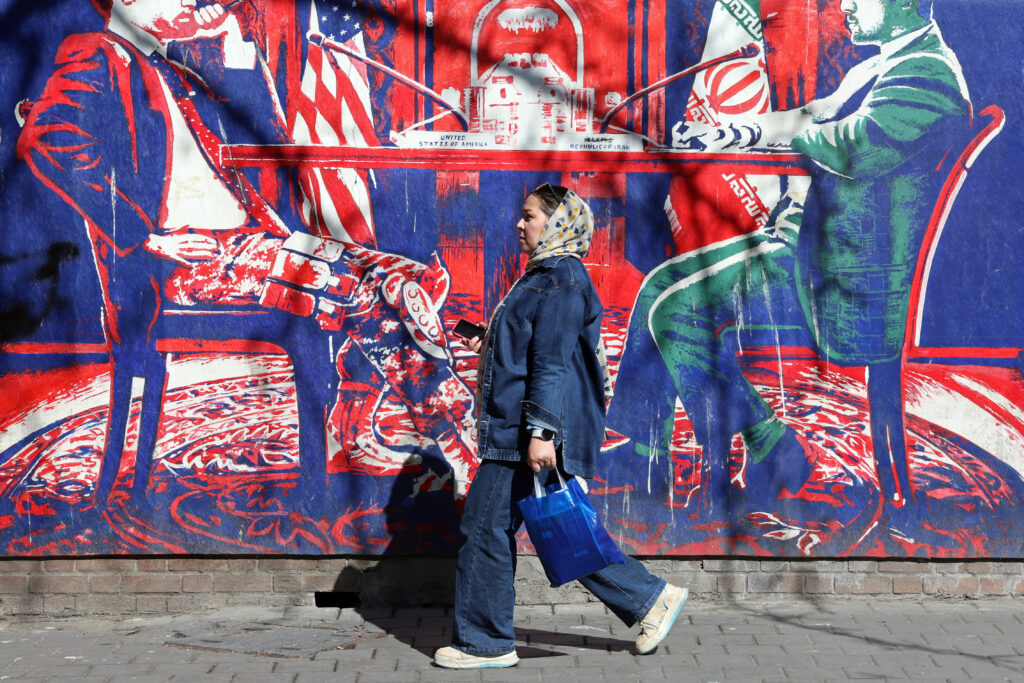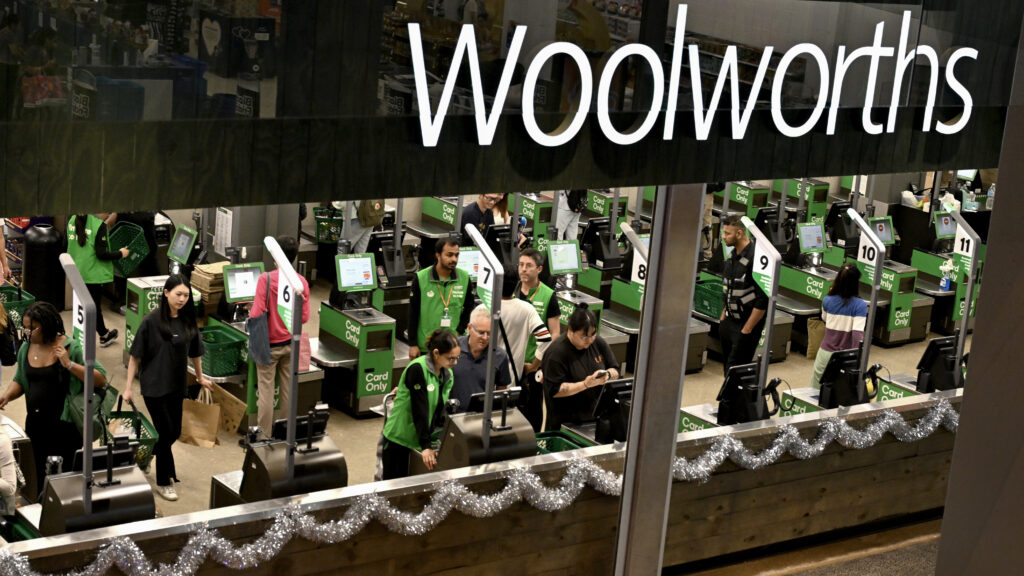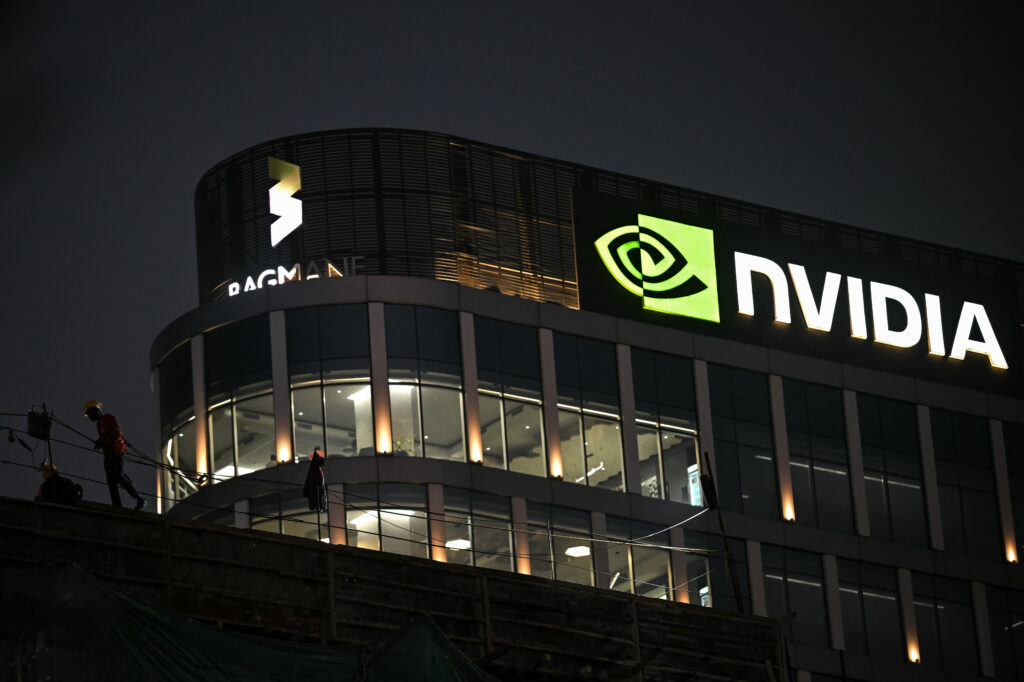New Pokemon titles on horizon as 30th anniversary approaches
Pikachu and friends are set to return to consoles in two new games next year, the Pokemon Company said Friday, as it celebrated 30 years of the monster-collecting franchise.Set for release on Nintendo’s latest Switch 2 console, “Pokemon Winds” and “Pokemon Waves” will see the fan-favourite critters return and new beasties emerge as players explore a colourful, tropical world stretching down to the ocean floor.The Pokemon Company — jointly owned by Nintendo, Japanese studio Game Freak and the Creatures company — controls the brand for the franchise with more than 1,000 “pocket monsters” to date.Longtime followers of the series will also be able to play the original games released for the portable Game Boy in 1996 on Switch, Nintendo said.The next volley of Pokemon games was revealed just before the release of a new spinoff, “Pokopia”, for Switch 2 on March 5.Pokemon rapidly grew into a global phenomenon following the first titles’ release on Game Boy.Titles available on multiple consoles and mobile phones have sold more than 500 million copies over the franchise’s 30-year history, according to figures from the Pokemon Company and Nintendo.Originally inspired by traditional summer insect hunts in Japan, gameplay usually involves capturing and training fantastical “pocket monsters” resembling anything from mice to dragons, before sending them into battle against one another.Beyond consoles, Pokemon has also spawned films, an animated series and the augmented reality mobile game “Pokemon Go”.In 2024, the brand generated $12 billion in revenues, according to specialist data firm License Global, more than toy giant Mattel.





